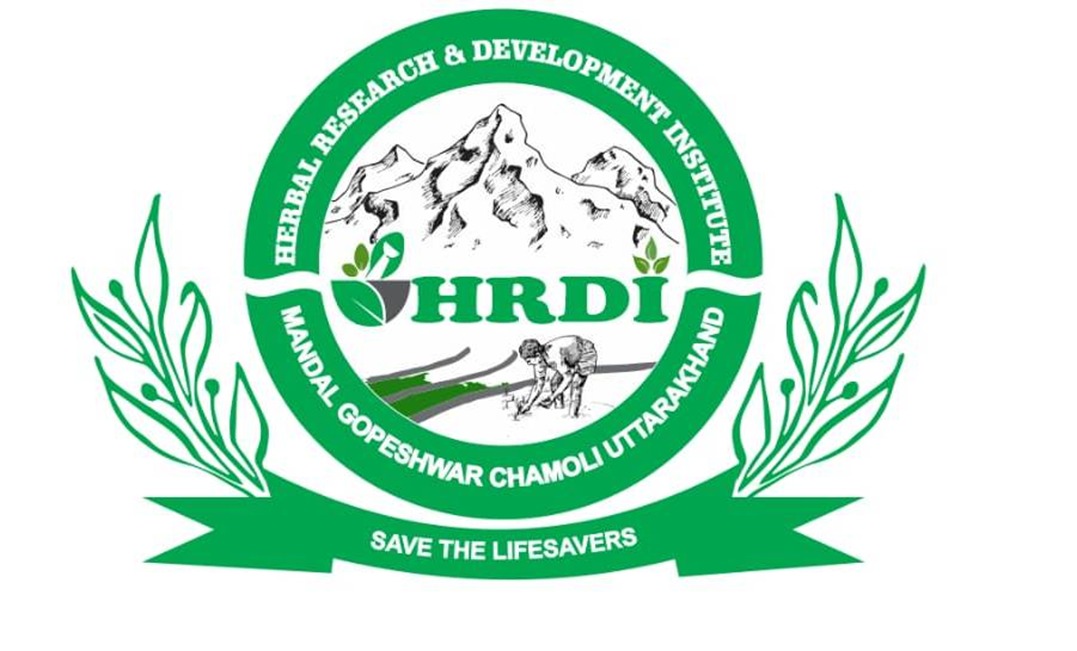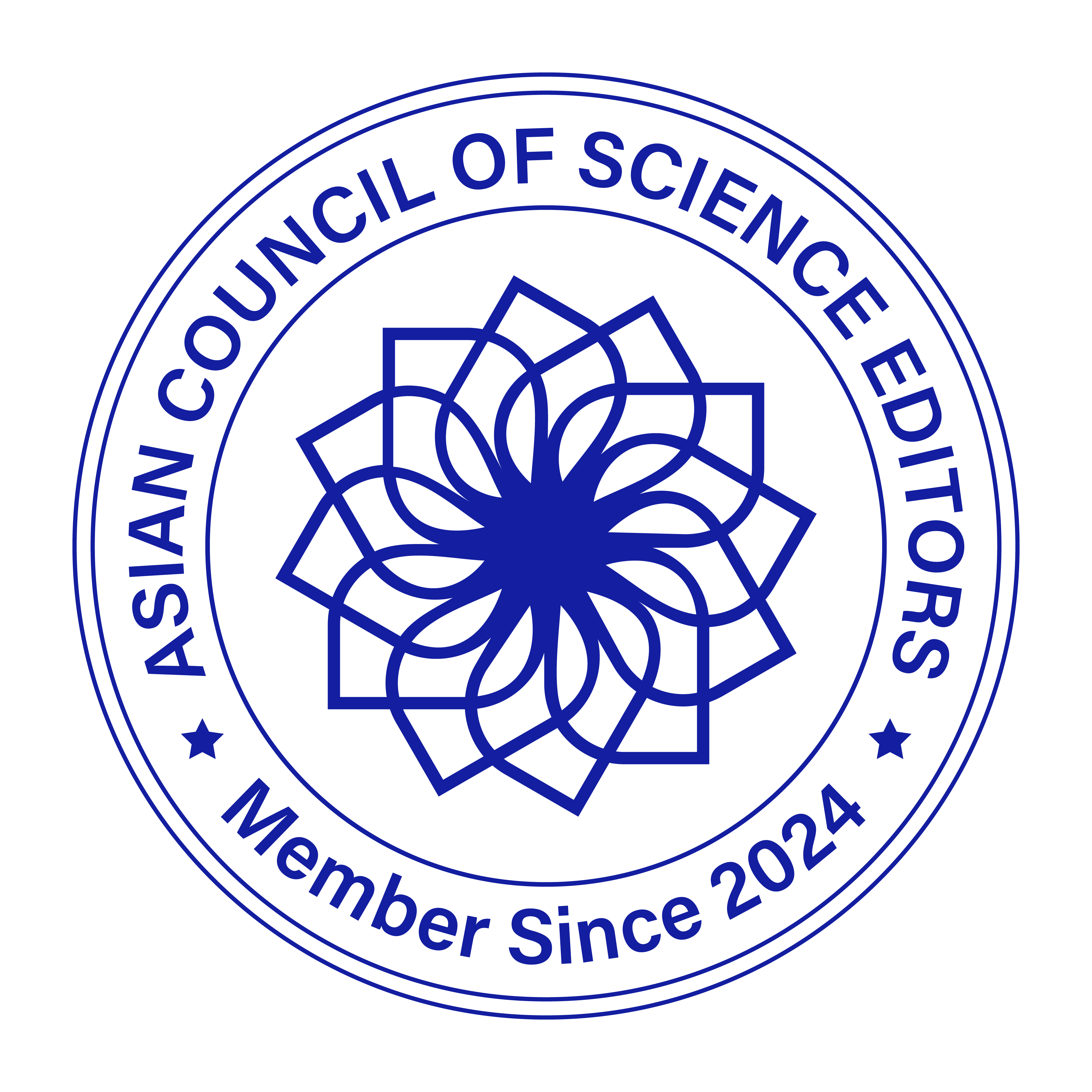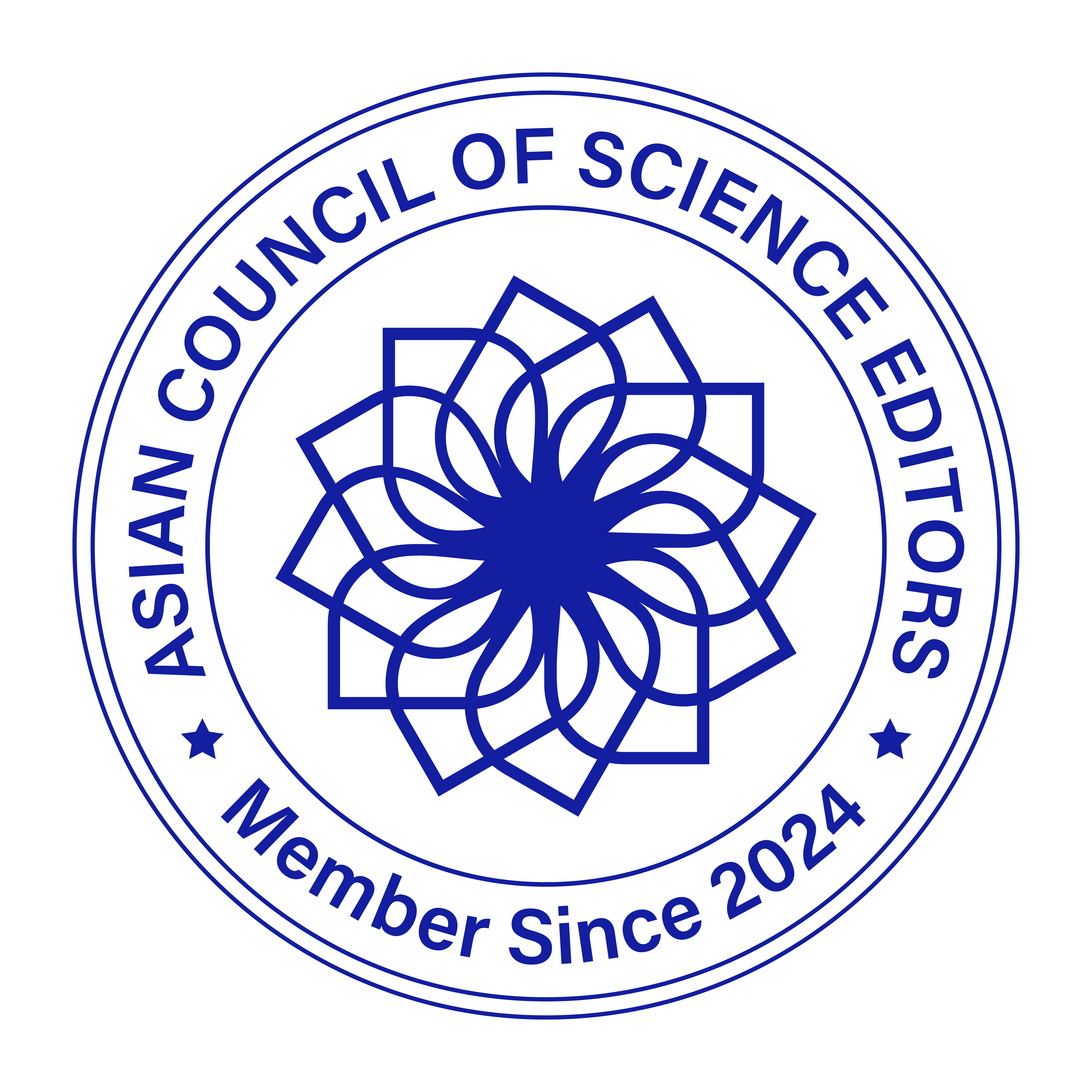3049-0677 (Online)
Publication & Editorial Policy
An open-access, peer-reviewed online journal, PhytoTalks is indexed by a number of indexing and abstracting services. The goal of the journal's publications is to showcase significant advancements in the discipline. The journal is dedicated to provide authors and readers an effective service.
The policy of the Editorial Board
PhytoTalks works to protect open access journals' dependability and integrity while upholding the caliber and applicability of its content. The Editorial Board needs to put forth effort to keep readers interested. The editorial board has complete control over what is published in each magazine and how manuscript subscriptions are evaluated. Regarding the editorial board's ultimate judgements, there won't be any alterations or meddling of any kind. The Editorial Board is committed to upholding the highest ethical standards in research. They will safeguard private information and copyrights. Every member of the Editorial Board shall follow an expert peer review procedure. Each participant will also do the allotted editing tasks on time.
The origin, nationality, race, gender, ethnicity, religion, or political beliefs of the author are examples of external elements that should never have an influence on the judgements made by the PhytoTalks Editorial Board. The sole criteria used for evaluation are the content's quality and validity.
Editor Specifications
Assume the duty of making accurate decisions regarding the publication of papers, maintaining the secrecy of the original content, treating all submissions fairly, and cooperating in the event that ethical concerns are raised regarding the submitted manuscripts.
Associate Editor Guidelines
Associate editors are a crucial part of our peer review process. They help us ensure that all manuscripts are peer-reviewed in every aspect, from the first plagiarism check to the final revisions before publication. The work that our associate editors do helps us ensure that the work we publish adheres to rigorous academic standards; the success of the journal relies on their suggestions and active participation, while their timely response to peer review requests ensures the efficiency of the editorial process and the frequency of issue release.
Associate Editor Specifications
The Associate Editors oversee the manuscript peer review process in order to publish submissions of the highest caliber.
Our Editorial Analysts will send manuscripts to associate editors for examination. In addition to being required to offer helpful criticism on the caliber of the ideas and research in the paper, associate editors may occasionally be asked to collaborate with editorial analysts on technical editing tasks. When assessing manuscripts, associate editors are also in charge of maintaining confidentiality and safeguarding personal information.
The best fit between a researcher's research interests and the topic of a manuscript determines which associate editors will examine it. In order to reassign the paper if an associate editor is unable to evaluate it, they should get in touch with the concerned editorial analyst as soon as possible. To aid in the editing process, associate editors are free to recommend more reviewers. Associate editors may be promoted to full Editorial Board membership if they recommend authors or possible peer reviewers to a PhytoTalks journal.
Reviewers Specifications
The voluntary work of the reviewers for the benefit of science is the highest form of awareness of the role and mission of the scientists, but also of their human quality. Rigorous peer-review is the corner-stone of high quality academic publishing. We are extremely grateful to the reviewers who give their time and effort to peer-review articles submitted to our journal.
The journal uses a double-blind review, which means that both the reviewer and author identities are reciprocal concealed throughout the review process.
The general purpose of the peer review is to assist the editors in evaluating the worthiness of the manuscripts for publication and to help the authors in improvements of their work. If the evaluations at some point(s) are negative, the reviewers are asked to provide clear arguments.
The reviewers are asked to have an honest, critic but polite, collegial and constructive attitude, appreciating as much as possible the work of the authors and offering them support in order to increase the quality of the manuscripts.
Reviewers can download the manuscript, kept by us as Word file, in the next step (3. Download & Review) and evaluate the manuscript as they wish, for example:
- Possibility 1. Analyze the manuscript and after that enter (or paste) the review of the analyzed submission into the ‘Review’ box in the next step (3. Download & Review). To proceed to the next step, click "Continue to Step #3" at the bottom of this page. In this step, except the box “For author and editor” (where the reviewer can present the report, without his/her name) there is also a box “For editor only” (where the reviewers can include their own opinions about manuscript only for the editor, which will not be known by the authors).
- Possibility 2. Analyze the manuscript, and make some corrections (suggestions, recommendations, and comments) directly within the manuscript, using Track Changes. Please do not forget to delete your identification data before uploading the Word file with the review [File - Info - Check for issues - Inspect document - Document inspector - click/activate only ‘Document Properties and Personal Information’ - click ‘Inspect’ - Remove All - Close - Save]. If the reviewers do not hide their own identification data from Word file (they forgot or they are not able to do), we will do it.
- Possibility 3. Analyze the manuscript and after that enter (or paste) your comments (suggestions etc.) into the ‘Journal Review Form’ (see below the content). ‘Journal Review Form’ can be downloaded as Word file from here (it downloads .docx file). The form can be used to complete it according to the entire model, or it can be completed as much as reviewers desired (e.g. only 'overview' table, suggestions for improvement etc.).
- Possibility 4. Use both Track Changes directly on the manuscript (possibility 2), and ‘Journal Review Form’ to mark all the necessary comments or changes (possibility 3), and uploaded them back on the e-platform. You can upload your files in Step 3 (using ‘Reviewer Files’), and you can use also ‘Review Discussions’ for additional matters.
Author Specifications
Authors are expected by PhytoTalks to submit work that is not being considered for peer review elsewhere and to agree, upon notification of the article processing charges. In the event that an article has substantial errors or inaccuracies, the author should work with the editors to fix the work and improve the paper's scientific worth.
We do not support scientific misconduct, unethical publishing practices such as submitting the same manuscript to multiple journals, lacking originality in an article or using data that has been plagiarized, authors withholding conflicts of interest or disclosures, or repetitive text or figures.
Publication Malpractice and Ethics Statement
As a journal that complies with the ICMJE's Recommendations for the Conduct, Reporting, Editing, and Publication of Scholarly Work in Medical Journals, PhytoTalks endeavors to adhere to COPE guidelines concerning publication ethics. Specifically, we anticipate that authors, reviewers, and editors will observe the best-practice policies on ethical behavior regulated therein.
PhytoTalks follows strict guidelines and promotes best practices for abiding by publication ethics.


![Announcement: Special Conference Issue of Phytotalks We are pleased to announce that Phytotalks will publish a special issue featuring select peer-reviewed papers from the Third International Conference on Plant Functional Biology, an esteemed international gathering of experts in Plant Science]. This special issue will highlight cutting-edge research and innovative developments presented at the conference, offering our readers valuable insights into the latest advancements in the field. Stay tuned for this upcoming edition, which reflects our continued commitment to showcasing high-quality, impactful research.](https://phytotalks.com/public/site/images/afrozalam/img-20250701-wa0010.jpg)





































